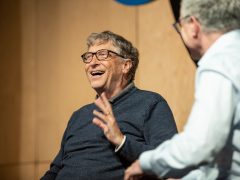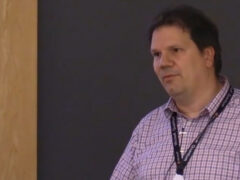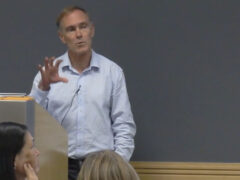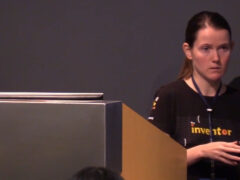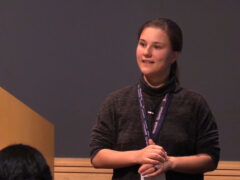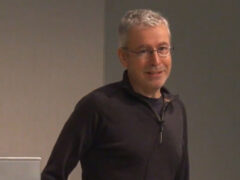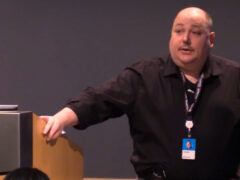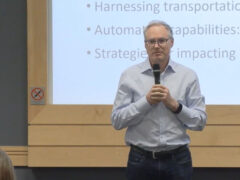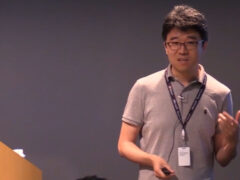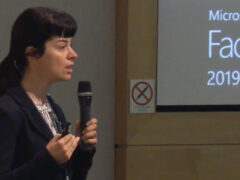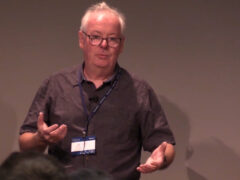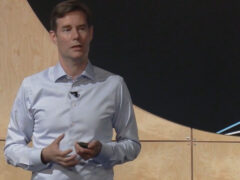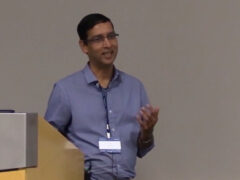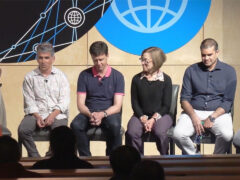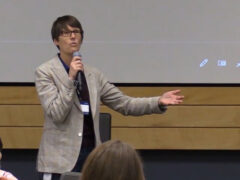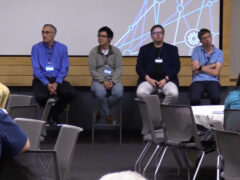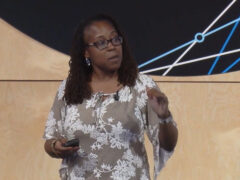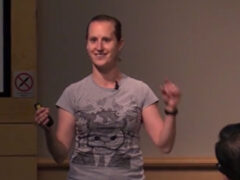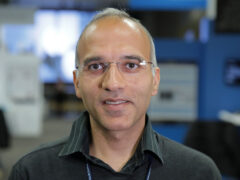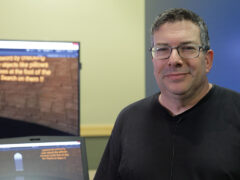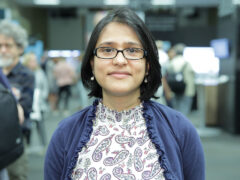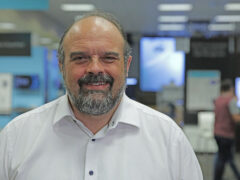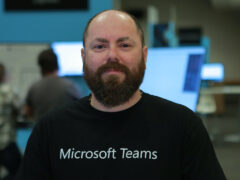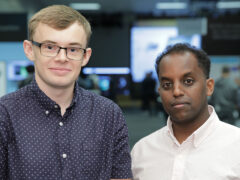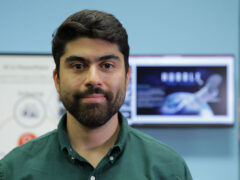Data in Disasters—the Potential and the Limits
- Andrés Monroy-Hernández, Eytan Adar, and Leysia Palen | University of Michigan-Ann Arbor, Microsoft Research, University of Colorado
There has been a rapid expansion in the ability to gather and analyze communication data during acute events. As we saw most recently during Hurricane Sandy, people use social media services like Twitter and Facebook to share a range of personal information: be it their location, their health, the status of power and water access, or images of the disaster in their neighborhood. Fields such as crisis informatics and machine learning have brought powerful new insights to how communities deal with crises by drawing on this data. However, there are also causes for concern, such as the privacy and longevity of that data, and the invisibility of the many people and communities that are either not using social media or are living in areas with damaged or overwhelmed ICT infrastructure.
This session of the 2013 Microsoft Research Faculty Summit explores research avenues for disaster data, including the difficulties with the reliability of citizen accounts of disaster, issues with privacy and information sharing during disasters, and the hidden biases of disaster data and what it cannot capture.
发言人详细信息
Eytan Adar is an assistant professor in the School of Information & Computer Science and Engineering at the University of Michigan. He completed his doctoral work in the Computer Science and Engineering Department at the University of Washington. He works in the area of temporal-informatics, studying how large populations interact with each other and with the dynamic web and how those interactions can be enhanced. His interests are in understanding the dynamics of user behavior and data on the web through text and log analysis, visualization, and the creation of new tools. Before graduate school, Adar was a researcher at HP Labs and Xerox PARC for a number of years (spinning out a company called Outride somewhere in there). He received his Master of Engineering and Bachelor of Science degrees from the Massachusetts Institute of Technology.
Andrés Monroy-Hernández is a social computing researcher at Microsoft Research and an affiliate at Harvard’s Berkman Center for Internet & Society. His research focuses on the design and study of social media systems that support collaboration for creative expression and civic engagement. His current research looks at the use of social media in crises, such as in the Mexican Drug War. Andrés’ work has been featured in the New York Times, CNN, and Wired. Andrés holds a PhD and a Masters from the MIT Media Lab, and a Bachelor’s from Tecnológico de Monterrey. For more info see: http://andresmh.com. Twitter: @andresmh
Leysia Palen is an Assistant Professor of Computer Science at the University of Colorado, Boulder and a faculty fellow with the Institute for the Alliance of Technology, Learning and Society (ATLAS) and the Institute of Cognitive Science (ICS). Her training and interests are socio-technical, with a focus on ethnographic studies of work practice that inform technology design, implementation and policy. She has published numerous articles and an edited book on the social aspects of human computer interaction in a variety of everyday and safety-critical contexts. In 2006, Professor Palen was awarded a National Science Federation Early CAREER Grant to study information dissemination in disaster events.
Prior to her appointment at Colorado, she completed her PhD at the University of California, Irvine in Information and Computer Science and her undergraduate education in Cognitive Science at the University of California, San Diego. In 2005-2006, Professor Palen was a visiting professor at the University of Aarhus, Denmark in the Center for Interactive Spaces and the Center for Pervasive Healthcare.
-
-
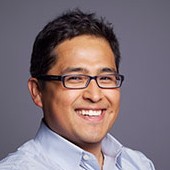
Andrés Monroy-Hernández
Researcher
-
Jeff Running
-
-
系列: Microsoft Research Faculty Summit
-
-
-
Cars, Computing and the Future of Work: Specific topics of mutual interest
- Linda Boyle,
- Ed Doran,
- John Lee
-
-
-
Crowd, Cloud and the Future of Work: Updates from human AI computation
- Pietro Michelucci,
- Lucy Fortson,
- Franco Pestilli
-
-
Cars, Computing and the Future of Work: A UW & MSR Workshop: Welcome and Overview of Projects
- Linda Boyle,
- Ed Doran,
- Eric Horvitz
-
-
Crowd, Cloud and the Future of Work: Welcome and Updates
- Besmira Nushi,
- Ece Kamar,
- Kori Inkpen
-
Empowering People to Achieve More: How Useful a Concept is Productivity?
- Brendan Murphy,
- Yvonne Rogers,
- Steve Whittaker
-
Keynote - The Future of Work And the Power of Data
- Johannes Gehrke
-
Productivity in Software Development
- Neel Sundaresan,
- Margaret-Anne Storey,
- Prem Kumar Devanbu
-
Artificial Emotional Intelligence, Social Systems, and the Future of Collaboration
- Mary Czerwinski,
- Mark Ackerman,
- Gloria Mark
-
Workers of the World, Connect! Tech Innovations and Organizational Change for the Future of Work(ers)
- Mary Gray,
- Jamie Woodcock,
- Louise Hickman
-
Increasing AI Programmer Productivity
- Markus Weimer,
- Sarah Bird,
- Ce Zhang
-
Human-AI Collaboration for Decision-Making
- Besmira Nushi,
- Ayanna Howard,
- Jon Kleinberg
-
Future of Spreadsheeting
- Ben Zorn,
- Felienne Hermans,
- Daniel Barowy
-
Program Synthesis meets Notebooks
- Sumit Gulwani
-
Accessible Virtual Reality
- Eyal Ofek
-
Calendar.help: A Virtual Meeting Scheduling Assistant
- Pamela Bhattacharya
-
Visual Studio IntelliCode
- Mark Wilson-Thomas
-
Microsoft Teams: Collaborate with Any Researcher Anywhere
- Jethro Seghers
-
Project Alava: Programming Webs of Microcontrollers
- James Devine,
- Teddy Seyed
-
AI in PowerPoint
- Kostas Seleskerov

